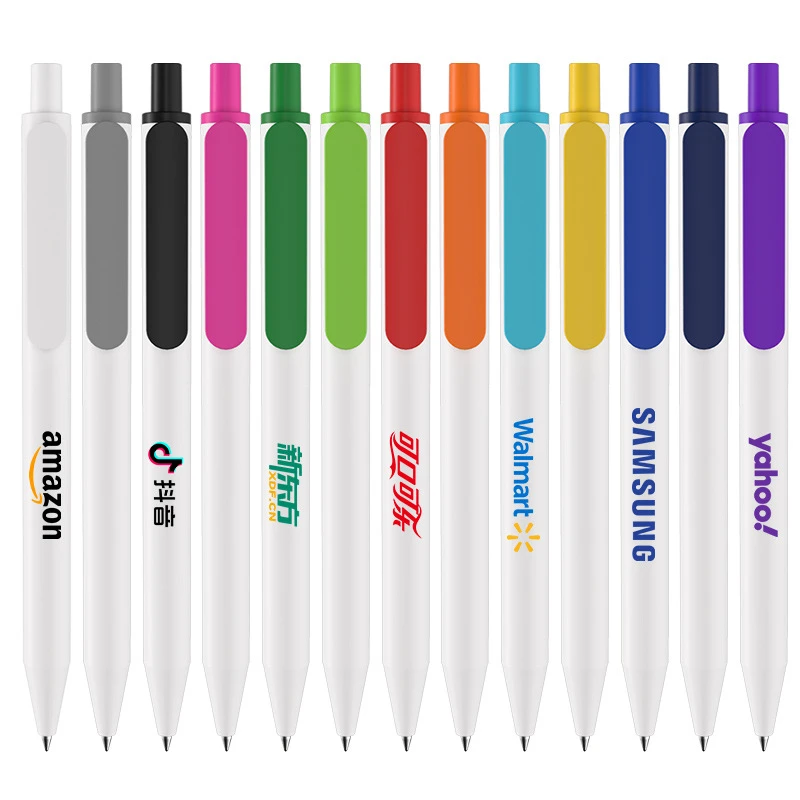Jan 26,2025
labor products
In the realm of labor products, ensuring both innovation and efficiency is paramount for businesses aiming to optimize their operations. As industries advance, labor products have evolved significantly, playing a transformative role in how manual tasks are approached and executed. The essence of modern labor products lies in their technical sophistication and user-centric design, providing unmatched benefits to both employers and employees.
Safety and comfort are integral considerations when designing labor products. Ergonomically designed tools and devices prioritize user comfort, significantly reducing the risk of repetitive strain injuries. Handheld power tools with vibration control and cushioned grips exemplify this approach, enhancing user experience without compromising on performance. These innovations reflect a deep understanding of human anatomy and physical demand, making them essential in industries reliant on manual labor. The economic advantages of adopting advanced labor products are as compelling as their operational benefits. Companies investing in these technologies often experience a noticeable return on investment through improved efficiency, reduced medical expenses due to injury, and increased employee retention rates. In competitive markets, these technological investments can result in significant cost savings and bolster a company's reputation as a forward-thinking, employee-centric organization. Trust in labor products is closely tied to the reputation and expertise of the manufacturers. Companies seeking to invest in labor products must consider the track records of the manufacturers, ensuring that they meet industry standards and regulations. Certifications and endorsements from reputable industry bodies provide the assurance that the products will perform reliably and safely. This level of trustworthiness is crucial for businesses aiming to maintain high operational standards and employee confidence. In conclusion, labor products are continuously evolving, driven by technological advancements and changing industrial demands. They offer enhanced safety, efficiency, and economic benefits, making them invaluable assets in today's workforce landscape. Businesses that embrace these innovations not only improve their operational capabilities but also show a commitment to employee welfare and safety. This proactive approach secures a competitive edge and fosters a culture of trust and authority in the marketplace. As labor products continue to develop, their adoption will undeniably shape the future of industries worldwide, reinforcing the interconnectedness of human ingenuity and technological progress.


Safety and comfort are integral considerations when designing labor products. Ergonomically designed tools and devices prioritize user comfort, significantly reducing the risk of repetitive strain injuries. Handheld power tools with vibration control and cushioned grips exemplify this approach, enhancing user experience without compromising on performance. These innovations reflect a deep understanding of human anatomy and physical demand, making them essential in industries reliant on manual labor. The economic advantages of adopting advanced labor products are as compelling as their operational benefits. Companies investing in these technologies often experience a noticeable return on investment through improved efficiency, reduced medical expenses due to injury, and increased employee retention rates. In competitive markets, these technological investments can result in significant cost savings and bolster a company's reputation as a forward-thinking, employee-centric organization. Trust in labor products is closely tied to the reputation and expertise of the manufacturers. Companies seeking to invest in labor products must consider the track records of the manufacturers, ensuring that they meet industry standards and regulations. Certifications and endorsements from reputable industry bodies provide the assurance that the products will perform reliably and safely. This level of trustworthiness is crucial for businesses aiming to maintain high operational standards and employee confidence. In conclusion, labor products are continuously evolving, driven by technological advancements and changing industrial demands. They offer enhanced safety, efficiency, and economic benefits, making them invaluable assets in today's workforce landscape. Businesses that embrace these innovations not only improve their operational capabilities but also show a commitment to employee welfare and safety. This proactive approach secures a competitive edge and fosters a culture of trust and authority in the marketplace. As labor products continue to develop, their adoption will undeniably shape the future of industries worldwide, reinforcing the interconnectedness of human ingenuity and technological progress.
LAST:
NEXT:








































